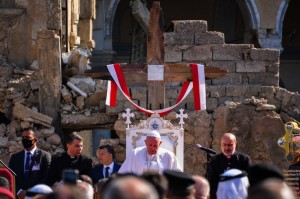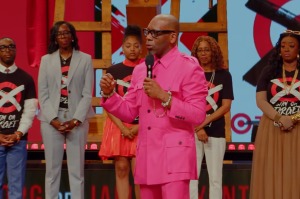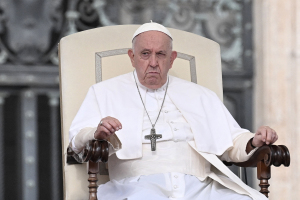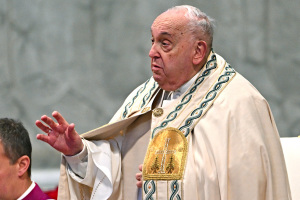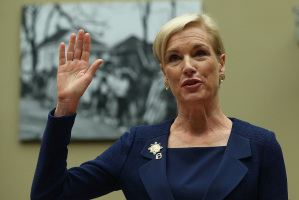Did DC Methodist Building Violate Church's Rules on Homosexuality?
As the Supreme Court heard oral arguments on the legality of Proposition 8 on Tuesday, large scale rallies were held outside their pillared structure for and against the measure.
While the pro-traditional marriage marchers had based their operations at the National Mall, the pro-gay marriage supporters were using the United Methodist Building, an edifice constructed next to the Supreme Court back in the 1920s.
The United Methodist Building's allowance of usage by groups supportive of gay rights in general and gay marriage in particular may be in violation of its denomination's rules.
Mark Tooley, president of the Institute on Religion and Democracy, told The Christian Post that the structure, owned by the United Methodist General Board of Church and Society, was going against some of the UMC rules on homosexuality.
"The United Methodist Church opposes homosexual practice as 'incompatible' with Christian teaching, prohibiting actively homosexual clergy and any celebration of same sex unions," said Tooley.
"The church affirms human rights for homosexual persons but opposes same-sex marriage and affirms 'laws in civil society that define marriage as the union of one man and one woman.'"
Tooley called the UMC BCS "very liberal politically and theologically" and said it was known for renting "space to other religious advocacy organizations, all of which are very liberal, including other old-line denominational lobbies and the National Council of Churches."
"The Board of Church and Society largely ignores the church's stance on homosexuality, routinely lobbying for its overthrow at the denomination's governing General Conference every four years," said Tooley.
Completed in 1923 at the cost of $650,000, the five-story United Methodist Building's main purpose has been to be a headquarters for various Methodist offices.
According to the website for the General Board of Church and Society of the UMC, the building is the only non-government structure on Capitol Hill and has been part of many movements in history.
"These include the 1963 March on Washington led by Dr. Martin Luther King, Jr.; the 1968 Poor People's March, the farmworkers' boycott; years of protest against the Vietnam War; ERA marches, the 1978 Longest Walk of Native Americans; and the 1989 Housing NOW! March," reads an entry on their site.
"Its adjacent apartment complex, constructed in 1931, has been home to scores of congressional representatives' Methodist bishops and Supreme Court Justices men and women in leadership roles who have shaped the fabric of American society."
Last May, the General Conference of the United Methodist Church considered a resolution that would have replaced the denomination's declaration against homosexuality with an "agree to disagree" amendment.
The UMC's top legislative body voted down the amendment with 61 percent of delegates supporting the original language.
The General Board of Church and Society of the United Methodist Church, which owns the United Methodist Building, did not return comment to The Christian Post by press time.
















